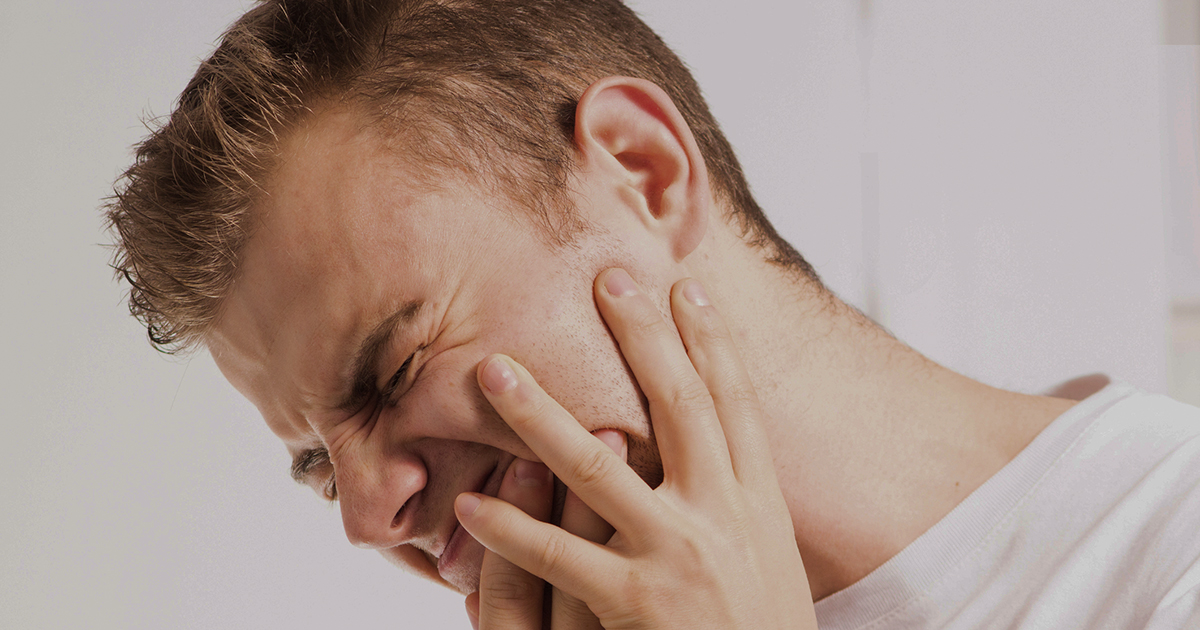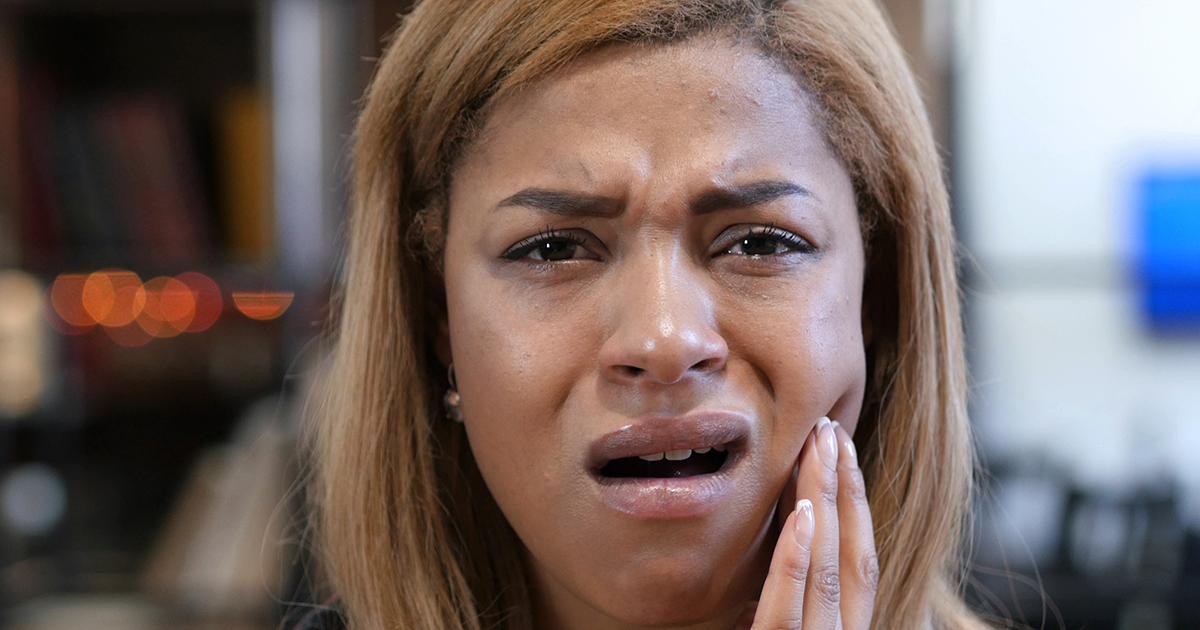Causes Of Trismus
Trismus, sometimes referred to as lockjaw, is the result of swollen chewing muscles in and around the jaw bone. These muscles become inflamed as well as swollen, and the muscles then contract. When this contracture occurs, severe pain and muscle spasms also happen. Also, the jaw can’t work correctly, and an individual with trismus only can open their mouth a little bit. Trismus patients have trouble eating and swallowing. They may also have problems speaking and cleaning their teeth properly. Trismus treatments often include physical therapy, dietary changes, and medication for pain.
Causes of trismus are quite varied and it is important to understand them for more accurate and successful treatment methods.
Trauma To The Jaw

A dislocated or broken jaw often means the joint that connects the jaw to the skull becomes disconnected. This joint is called the temporomandibular joint and it can become unhinged or dislocated as well as broken due to accidents and other traumatic injuries. Broken and unhinged jaws need immediate medical treatment for the patient to be able to breathe and eat properly. Sports injuries, physical assault, work-related accidents, falls, and vehicle accidents remain the primary sources of trauma to the jaw. A dislocated jaw has symptoms such as the teeth not meshing, problems eating or speaking, or the teeth may jut out unusually. A broken jaw causes a change in the way the face looks, bruising, a lumpy look, and even loose or lost teeth. Because an injury causes a problem with the way the jaw joint works, a person with an injured jaw might experience trismus too.
Learn about more causes of trismus now.
Temporomandibular Joint Disorder

The temporomandibular joint works like a hinge connecting the jaw to an individual's skull. It also makes it possible for an individual to open and close their mouth. Crooked teeth and an incorrect bite, or alignment of teeth, also causes temporomandibular joint disorder, resulting in pain, swelling, and trismus. An individual may have this condition due to trauma, arthritis, genetics and grinding the teeth. Patients with this disorder have pain around their ears, in their jaws, and up and down their necks. A person with temporomandibular joint disorder will also have problems opening and closing their mouth. The muscles around this joint become inflamed or damaged and can cause trismus at that point. Some of these painful muscle symptoms can be managed at home with nonsteroidal anti-inflammatory medications and warm packs applied to the affected areas. But if symptoms worsen or occur more often, medical assistance is required to help relieve jaw pain.
Get to know more causes of trismus now.
